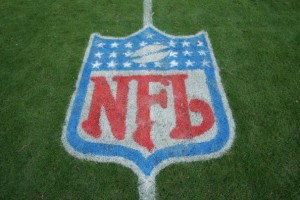NFL At Fault In Salary-Cap Dispute
Upon further review, the NFL has decided to penalize the New York Giants for trading two first-round draft picks, a third-round pick and a fifth-round pick to the San Diego Chargers in 2004 for the rights to quarterback Eli Manning.
When the deal was approved, the league was uncertain of the effect on competitive balance. The Giants didn’t break any rules but, in hindsight, they clearly took advantage of San Diego to win two Super Bowls with Manning.
The late Al Davis smirked when he heard the news, which merely reaffirmed his long-held belief that the NFL is drunk with power and above the legal limit in operating its business.
OK, none of the aforementioned actually happened. But the concept is similar to the NFL retroactively penalizing the Washington Redskins and Dallas Cowboys for league-approved contracts in 2010 that apparently violated no provisions in the NFL’s labor agreement. It’s beyond me how teams can be sanctioned for breaking an unwritten rule or gentlemen’s agreement.
My esteemed colleague Dan Daly took the Redskins to task for apparently ignoring the league’s warnings and front-loading contracts for Albert Haynesworth and DeAngelo Hall in 2010, a season without a salary cap because the collective bargaining agreement had expired. But I think the NFL is guilty of gross arrogance in this case, not the Redskins and Cowboys.
 Follow
Follow

